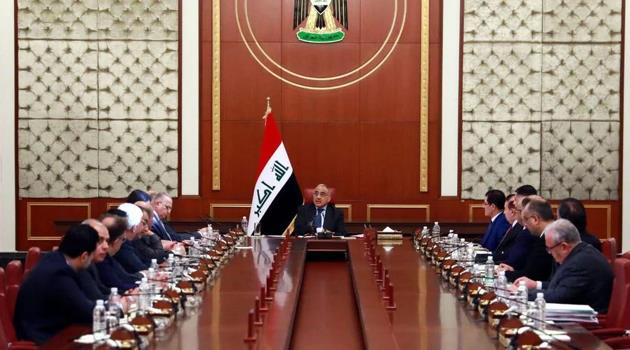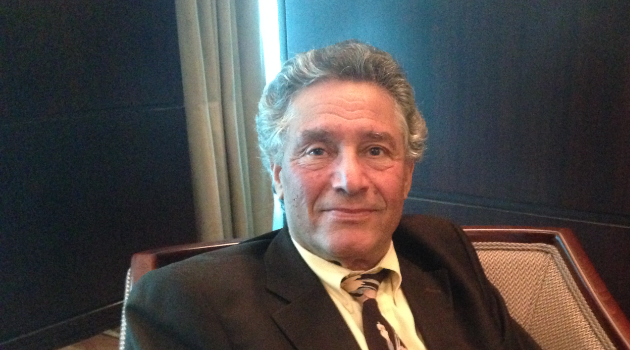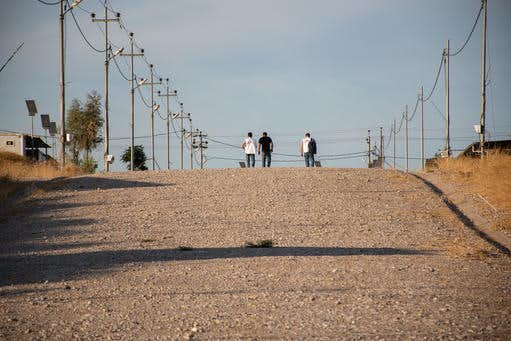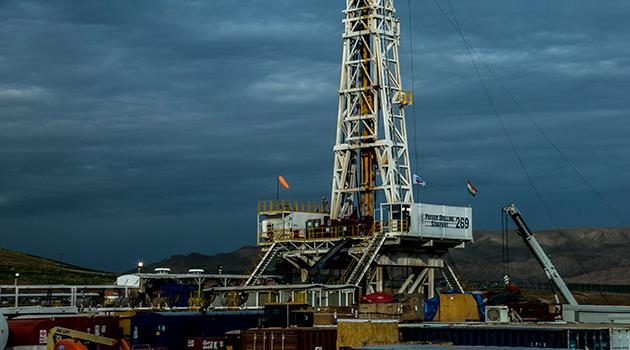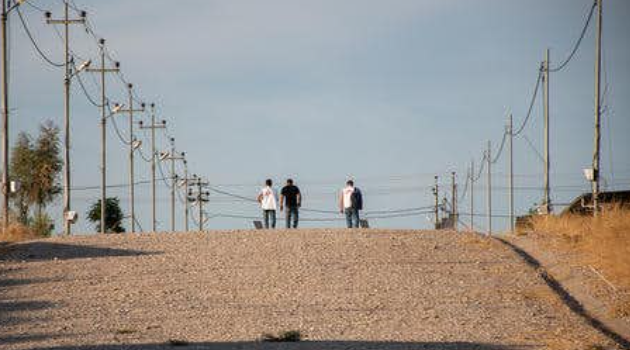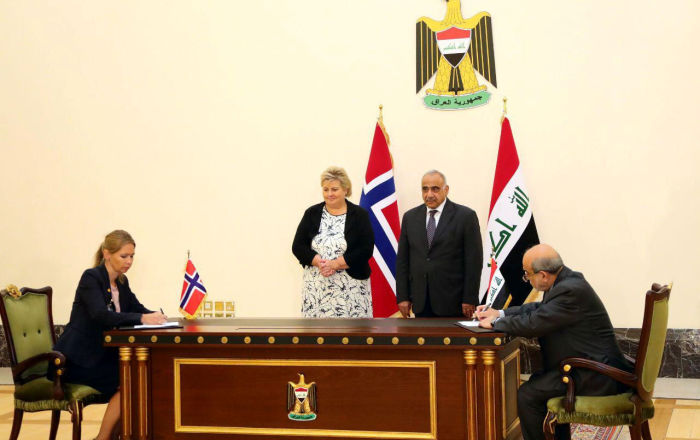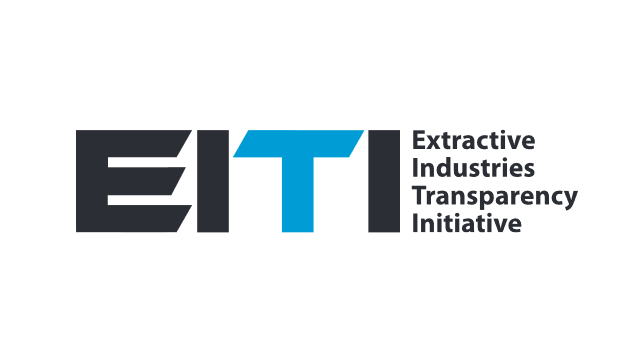By Ahmed Mousa Jiyad.
Any opinions expressed are those of the authors, and do not necessarily reflect the views of Iraq Business News.
EITI Restores Iraq’s Compliance Status, with Conditions Attached
The board of the Extractive Industries Transparency Initiative (EITI) decided on 16 October 2019 to reinstates Iraq status as a “compliant” country in conformity with the EITI “Standard” and roles of procedure; this is a welcoming and encouraging development.
The decisions was premised on an extensive thorough and transparent “validation” report done by the international secretariat of EITI, which assessed all what Iraq had taken through series of measures and actions designed specifically to address what had caused the Board to suspend Iraq status with EITI in October 2017.*
Iraq and, particularly, the Ministry of Oil should be congratulated for reinstating the country’s status with EITI; and, while I fully share the sense of achievement as expressed by the MoO announcement on 20 October 2019, I emphatically call upon the Ministry to do what is needed to sustain and enhance this achievement.
Hence, if this case has any meaning and implications for the future of transparency in Iraq generally and in the extractive industry particularly, a set of reminders are mentioned first followed by a set of suggestions for moving forward.
Important Cautions and Reminders
In order not to lose sight and to avoid the false sense of complacency that is, once again, emanates from “mission accomplished” conviction, it is vital to highlights that EITI Board decision was in fact with qualification and conditional. The Iraqi authorities, the Ministry, the civil society organization among others should be aware of and be informed of the following.
First, according to the final “Scorecard”, Iraq’s overall score was “Meaningful progress”, which means “significant aspects of the requirements have been implemented and the broader objective of the requirements is being fulfilled.”
In other words the “Meaningful progress” is in fact the minimum threshold for maintaining the compliance status. The implications are Iraq should, at the minimum, maintain the “Meaningful progress” and should enhance it significantly towards “Satisfactory progress”. Actually, looking at the Scorecard it is really easy and doable to move from “Meaningful progress” to “Satisfactory progress” or even “Beyond”. But any retreat lower than the “Meaningful progress” could cause, once again, another suspension;
Second, EITI Board decision endorses the “Validation Committee” view that Iraq should take necessary corrective measures and actions. Twelve corrections were specifically mentioned and they are related to “Requirements” 1.2; 1.4; 1.5; 2.6.a; 4.1; 4.5; 4.8; 4.9; 6.1; 7.1; 7.3 and 7.4. Again, these gaps and related corrective measures are primarily directed to those requirements that Iraq scored Meaningful progress aiming at elevating the progress to higher levels i.e., Satisfactory or Beyond. Practically, EITI Board is helping Iraqi authorities by specifying where and how to take corrective actions and thus provide a roadmap for what to do next.
Third, the timeframe for taking these corrective actions and their verification is not open-ended; EITI Board decided that progress in addressing the above mentioned corrective actions will be subject to the next “Validation” due to commence on 16 April 2021. This implies that Iraqi EITI (IEITI) and related authorities has eighteen months to finalize what has to be done on each of these corrective actions to insure Iraq remains a compliant country; the failure to do so would risk a repetition of suspension;
Fourth, the above corrective actions should be understood as they are over and above and additional to other requirements that has scored satisfactory progress. In other words there is no tradeoff between “Meaningful progress” and “Satisfactory progress”; what should be there is progression from “Meaningful progress” to “Satisfactory progress” of “Beyond” for all EITI requirements listed in the scorecard and pursuant to latest EITI Standard adopted in Paris, June 2019.
Planning the Way Forward
The IEITI, chaired by the Minister of Oil, is responsible for and should take all necessary actions and measures through agreed-upon plan regarding the following:
First, IEITI should read carefully the documents prepared and presented by EITI that led to EITI Board decision on 16 October 2019. The purpose is specifically to prepare a checklist on what has to be done, how, when, by whom and implement the planned actions well before 16 April 2021;
Second, make specific suggestions regarding how to improve the quality and coverage of the IEITI Annual Report; the IEITI Work-Plan; the IEITI Activity Report and any other publications by IEITI. All such documents should, preferably, be subject to external quality control before releasing them to the public since the experience of the last ten years indicates that these reports, particularly the annual reports are full of inaccuracies, flaws, copy & paste, wrong data among others;
Third, how to make MSG more proactive, productive and have effective role in particularly the following: drafting the ToRs for the Independent Administrator; preparation process of the annual report through more participatory approach; the coverage of the annual report pursuant to the latest EITI Standard; insure grater and growing impacts and encourage wider societal engagement and connectivity among other;
Fourth, IEITI should be an example of transparency by publishing on its website all what is related to its activities including records of MSG meetings, MSG members attendance verified by their signatures; issues debated and how decisions are taken, etc;
Fifth, insure full and timely data disclosure on every aspects of the extractive industry in the country, particularly by the Ministry and its State Companies operating in the upstream petroleum sector including both volumes and fiscal indicators; such data disclosure should be posted monthly and accessible through IEITI website;
Sixth, grant priority to the development of the human and systemic national efforts of the IEITI National Secretariat and their involvement in particularly the preparation of the annual reports, in the development of the needed database, in providing technical and professional supporting activities, in organizing workshops and activities among others;
Seventh, IEITI suffers from declining external financial support and funding that bound to impact the level and frequency of its activities. That was due largely to the removal of Iraq from the priority screen of NRGI; the suspension of Iraq by EITI in October 2017 and by the significant reduction of the World Bank funding. Luckily, Iraq had concluded recently (or in fact renewed) it is cooperation agreement with Norway’s NORAD’s Oil for Development program and, thus, IEITI is strongly advised to capitalize on this agreement and utilize different opportunities it offers;
Eighth, the entire above are feasible, doable and useful; IEITI should start promptly working on them. It might be relevant for IEITI to convene a well prepared “professional, action oriented workshop” for specialist and expert with proven track record to address the above aiming at drafting the workable and functional roadmap.
* I have covered, monitored and written extensively on IEITI since its inception; for background information and analysis on IEITI and that phase onwards, interested readers find more on my contributions, in Arabic and English, that are accessible through the following links:
http://www.iraq-businessnews.com/category/oil-gas/ahmed-mousa-jiyad/
http://www.akhbaar.org/home/search/?sq=Ahmed%20Mousa%20jiyad
http://www.alnoor.se/author.asp?id=7149
Mr Jiyad is an independent development consultant, scholar and Associate with the former Centre for Global Energy Studies (CGES), London. He was formerly a senior economist with the Iraq National Oil Company and Iraq’s Ministry of Oil, Chief Expert for the Council of Ministers, Director at the Ministry of Trade, and International Specialist with UN organizations in Uganda, Sudan and Jordan. He is now based in Norway (Email: mou-jiya(at)online.no, Skype ID: Ahmed Mousa Jiyad). Read more of Mr Jiyad’s biography here.

